Would-be dog owners urged to buy British by the Kennel Club
'There is a real danger we could lose our diversity of breeds', warns the Kennel Club's Bill Lambert, as Agnes Stamp reports.

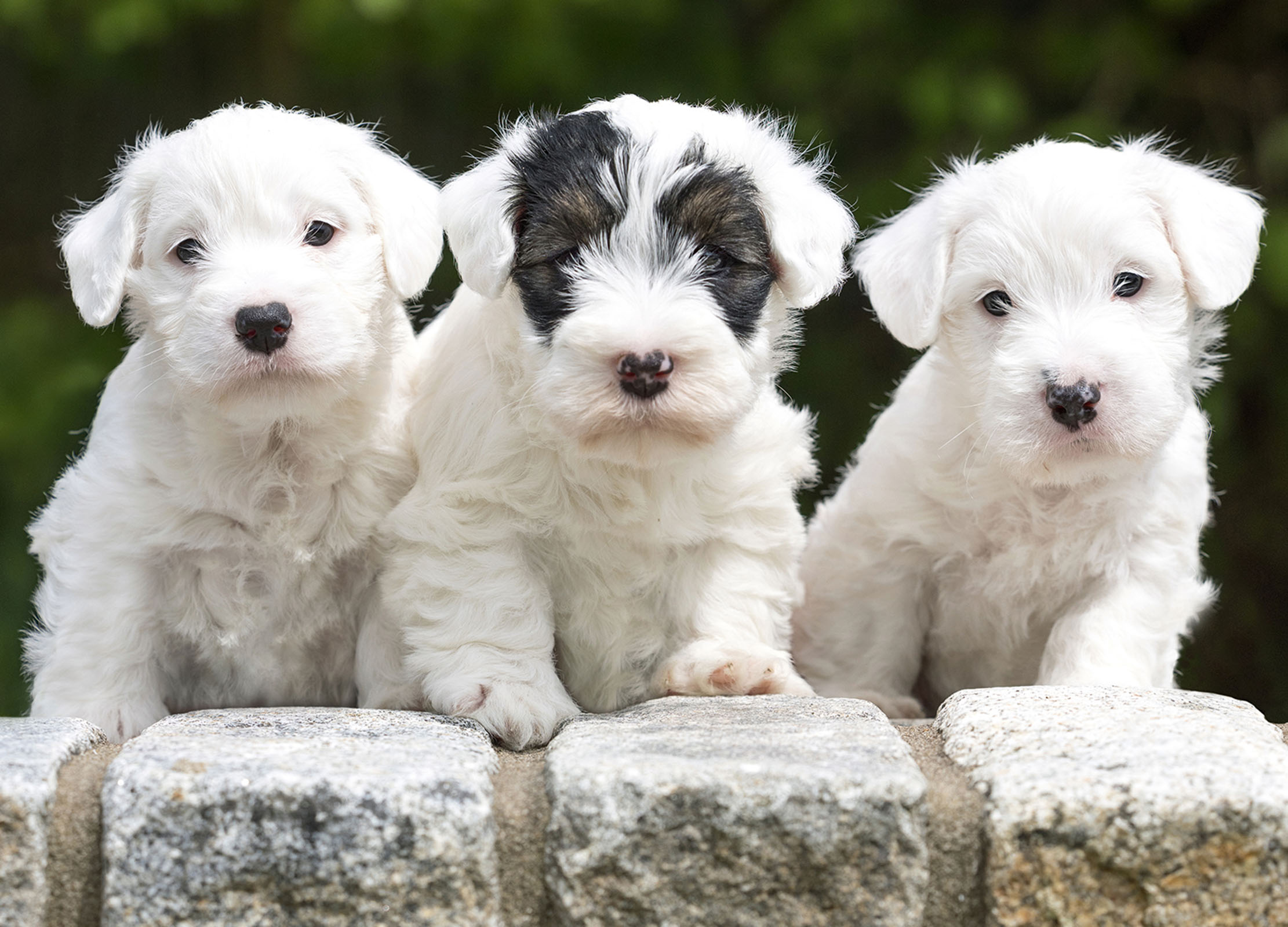
Time is running out for many native British and Irish dog breeds, with labradors, French bulldogs, dachshunds and cocker spaniels contributing to more than 60% of annual registrations. Last year, the Kennel Club (KC) recorded more vulnerable native breeds than ever before — 34 — including the collie (bearded and smooth) and the Sealyham terrier. ‘We are lucky to have such a rich diversity of breeds in this country,’ says the KC’s Bill Lambert, ‘but if people don’t look beyond the most popular choices, then there is a real danger we could lose them forever, leaving puppy owners with less choice and, therefore, unlikely to find their perfect match in the future.’
In 1979, the Kennel Club recorded 8,000 registrations of rough collies following the release of The Magic of Lassie the previous year. The number of new puppies registered has plummeted by 94%, with only 500 recorded in 2022. More worryingly, only 30 otterhounds were recorded last year.
‘Popular culture and celebrity ownership can play a big part in the popularity of particular breeds. Rough collies are synonymous with the Lassie franchise, but the public may be less familiar with them now that they are no longer regularly on our screens,’ explains Mr Lambert. The decline in some larger or sporting breeds can be attributed to more people living in urban or rented accommodation unsuitable for big, energetic dogs.
‘Some of these vulnerable breeds that have seen significant decline in numbers were once bred for a specific working purpose,’ he continues. ‘Where their particular roles have become less relevant, some of these breeds are in danger of becoming forgotten.’
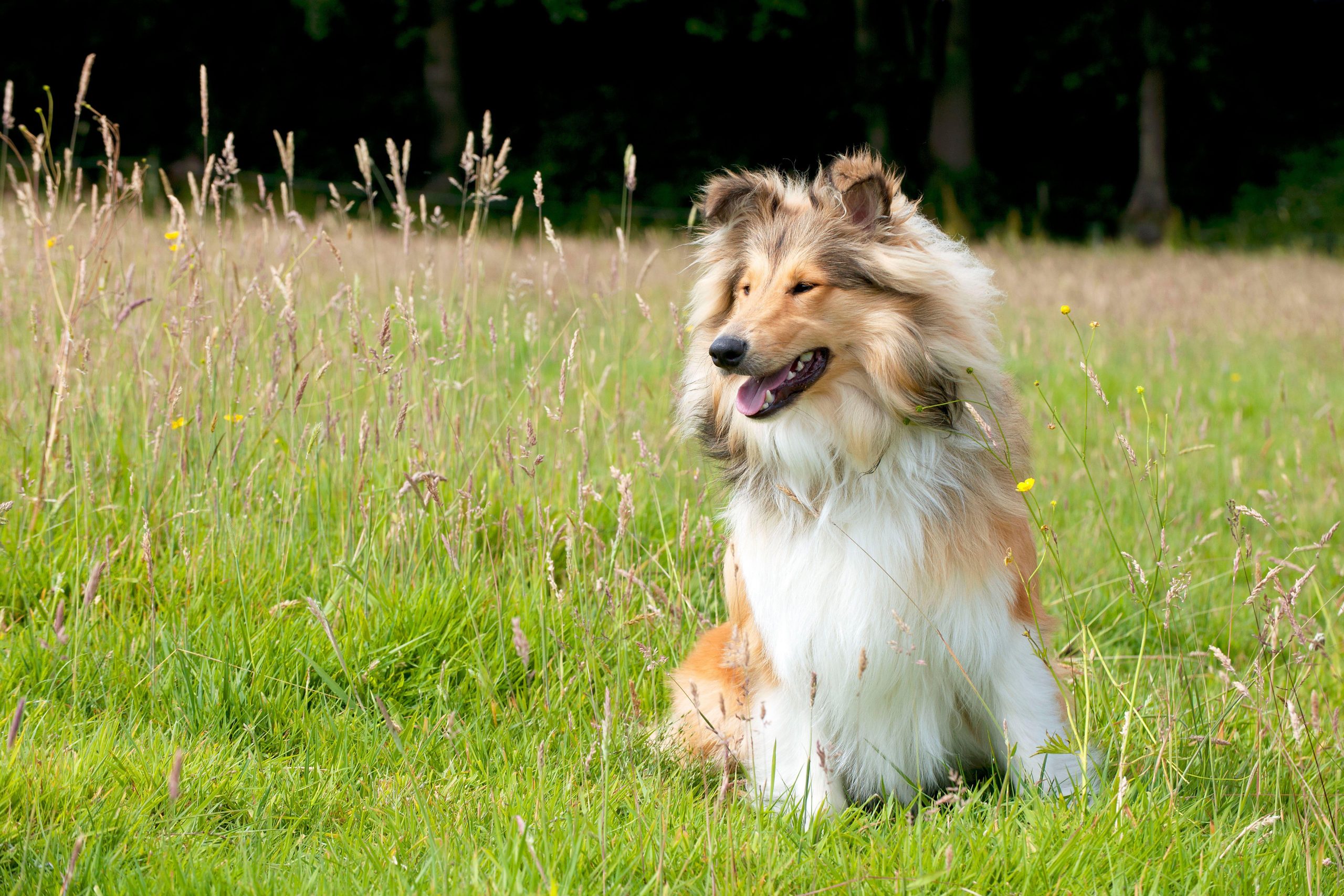
Sealyham terrier breeder Harry Parsons has worked tirelessly to save the breed from extinction since 2008 when there were only 43 registered puppies on the KC books. Mr Parsons believes that ‘working breeds never lose their instinct’, but, if they are brought up correctly, can make excellent, calm and friendly additions to the family. ‘There are no bad dogs, only bad humans, he asserts. ‘We live in a changing world where people don’t dedicate the time to breed, train and exercise dogs correctly — that’s the problem, not the breed.’
Crufts, which takes place this weekend (March 9–12), continues to raise awareness of these endangered dogs (breeds with fewer than 300 registrations a year) via its vulnerable-breeds competition, which started in 2016. The only one of its kind in the UK, the final (on Friday) recognises the breeders and owners dedicated to ensuring the continued survival of vulnerable breeds. The furry finalists — from a Dandie Dinmont terrier to a curly-coated retriever — will be vying for the coveted title of Best in Show.
With the opportunity to meet 222 dog breeds in close quarters, Mr Lambert urges would-be puppy buyers to research the lesser-known breeds, which are so often overlooked. ‘Meeting the breeders in this way is always a great way to find out if a breed is suitable for a family’s lifestyle,’ says Vanessa McAlpine, Crufts show manager.
Exquisite houses, the beauty of Nature, and how to get the most from your life, straight to your inbox.

How to choose the perfect dog to fit your lifestyle, family and home
Those who grew up with dogs probably already know which breed they want to own, and have done for years.
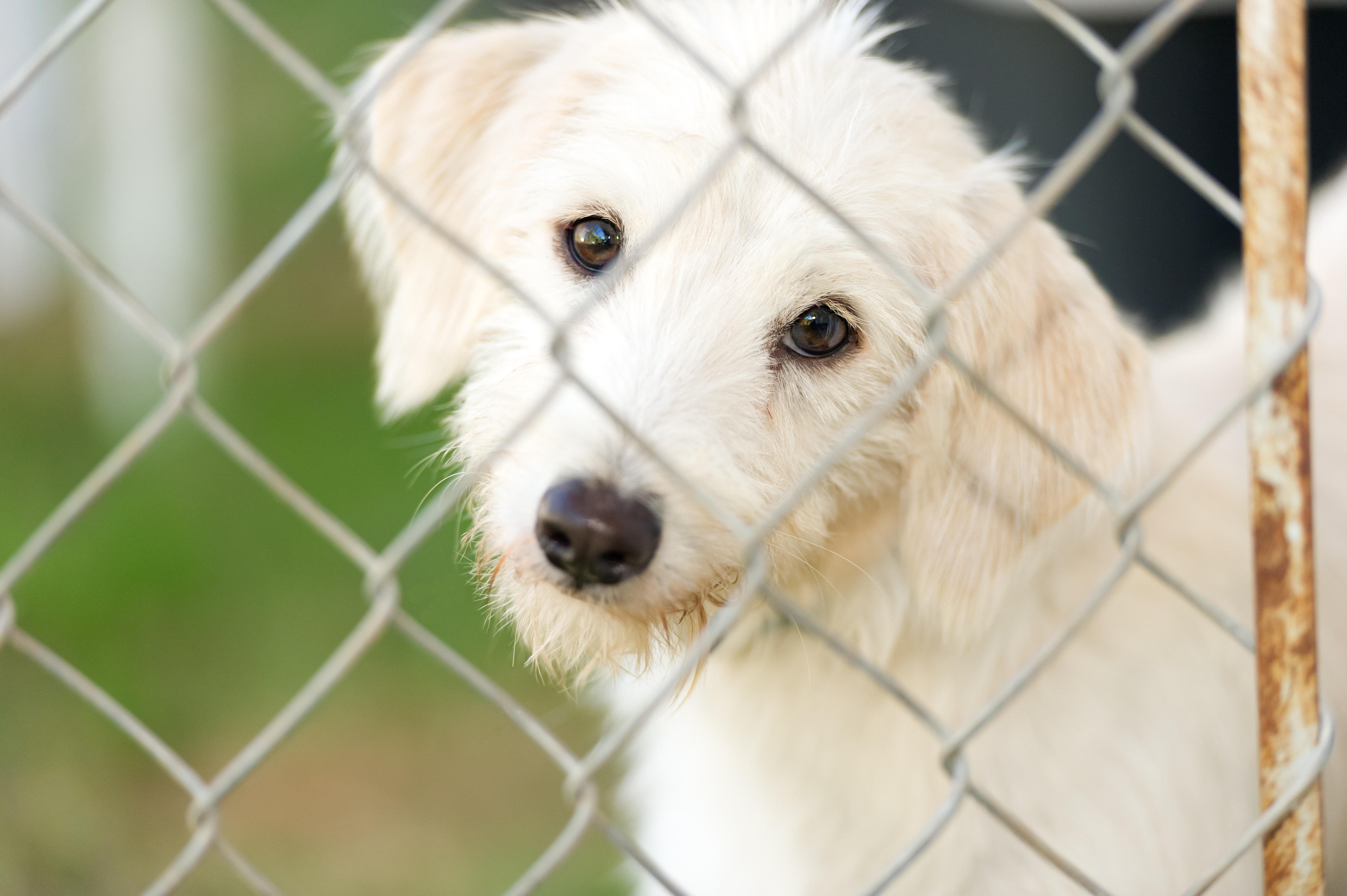
How to choose a rescue dog, by expert trainer Ben Randall
Adopting a dog in need of a new home can be a fabulous experience that will transform your life for
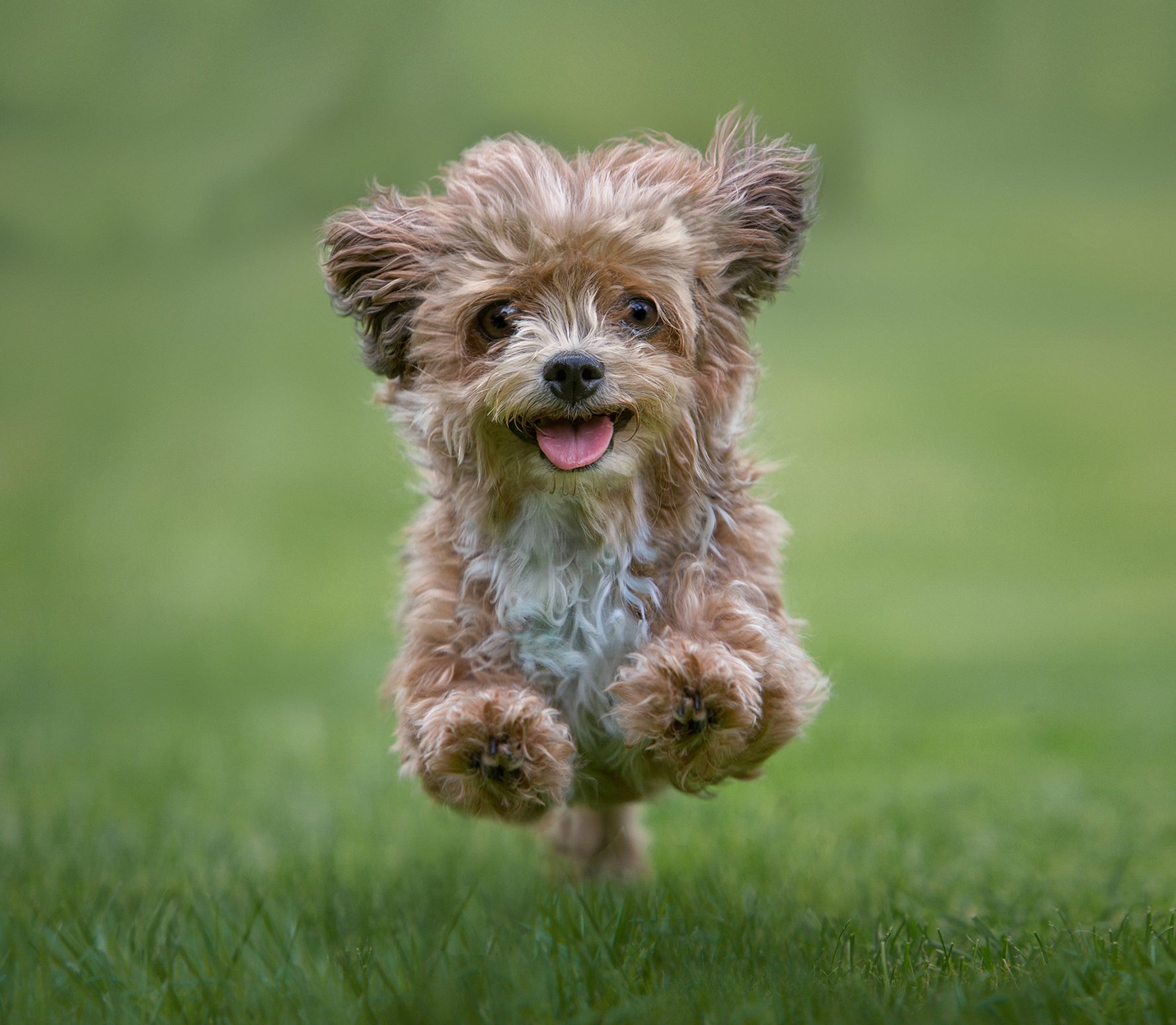
Credit: Getty Images/500px
The top 20 cutest dog breeds in the world, ranked according to science
Ranking the cuteness of dogs? You might as well rank the beauty of flowers. Yet a study has claimed to
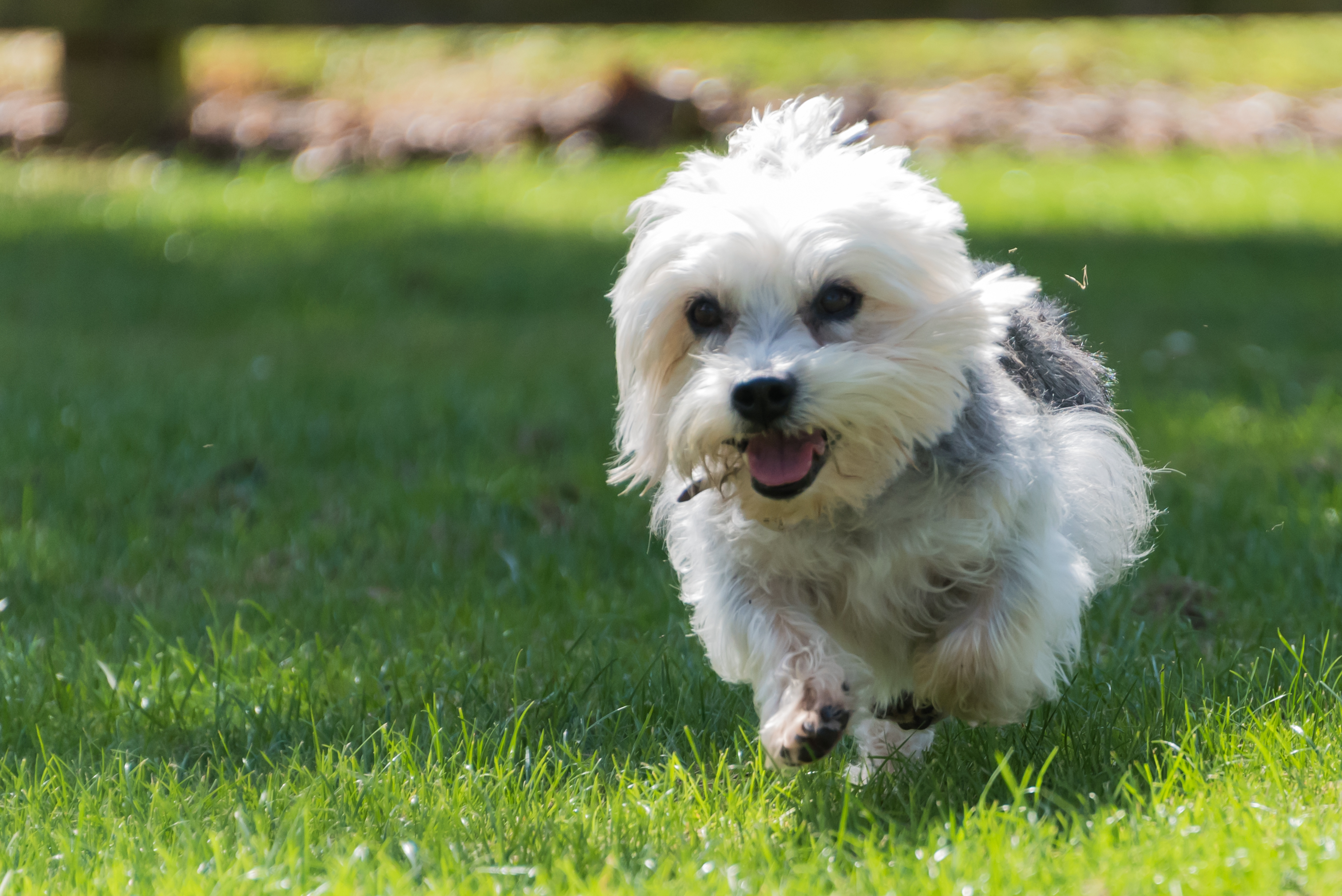
Dandie Dinmont terriers: The adorable dogs with the soulful eyes who are bright, sparky and can't help but make you smile
The numbers of Dandie Dinmont terriers has recovered since a worrying dip a few years ago, and an anniversary year
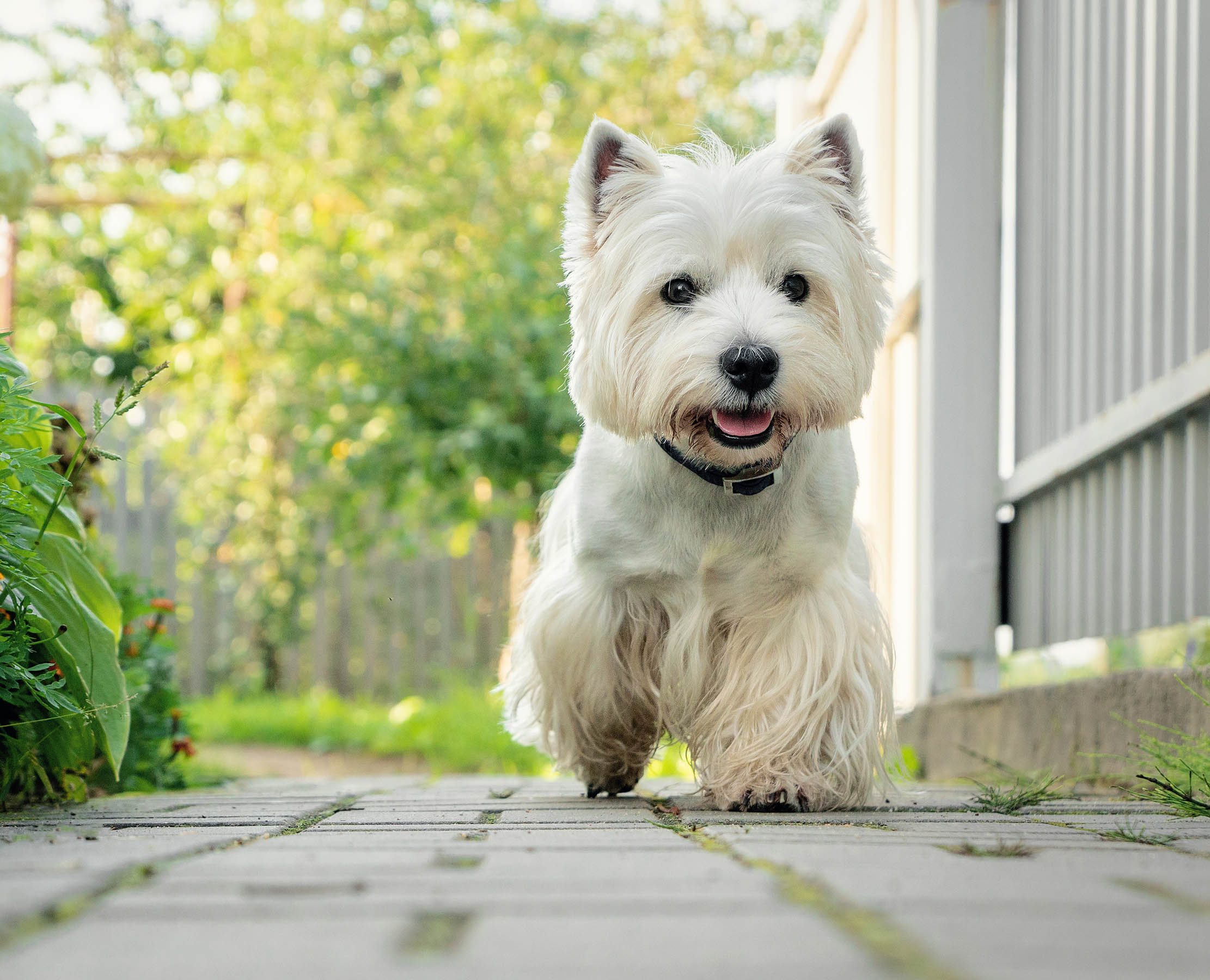
Credit: Getty Images/iStockphoto
West Highland Terriers: The dogs that are clever, funny and inquisitive, with an irresistibly smiley demeanour and a skip in their step
West Highland Terriers are one of the most instantly recognisable breeds of dog in Britain, not least because of their
Agnes has worked for Country Life in various guises — across print, digital and specialist editorial projects — before finally finding her spiritual home on the Features Desk. A graduate of Central St. Martins College of Art & Design she has worked on luxury titles including GQ and Wallpaper* and has written for Condé Nast Contract Publishing, Horse & Hound, Esquire and The Independent on Sunday. She is currently writing a book about dogs, due to be published by Rizzoli New York in September 2025.
